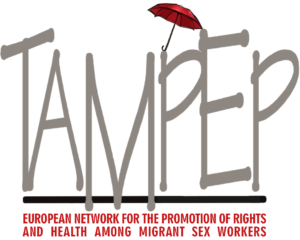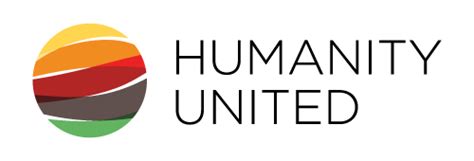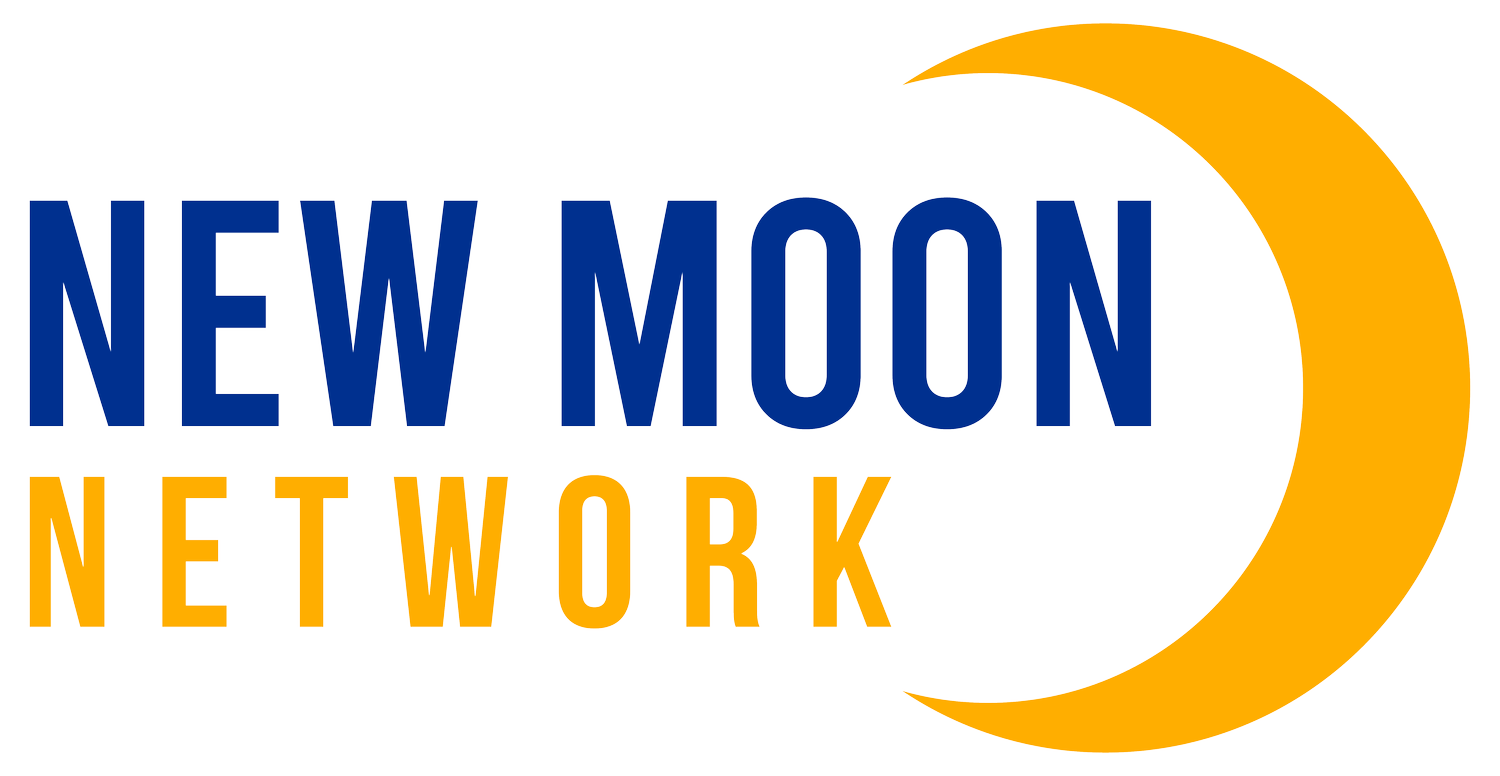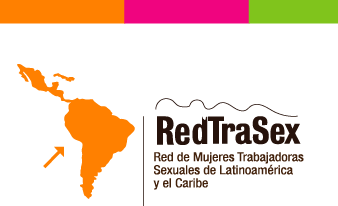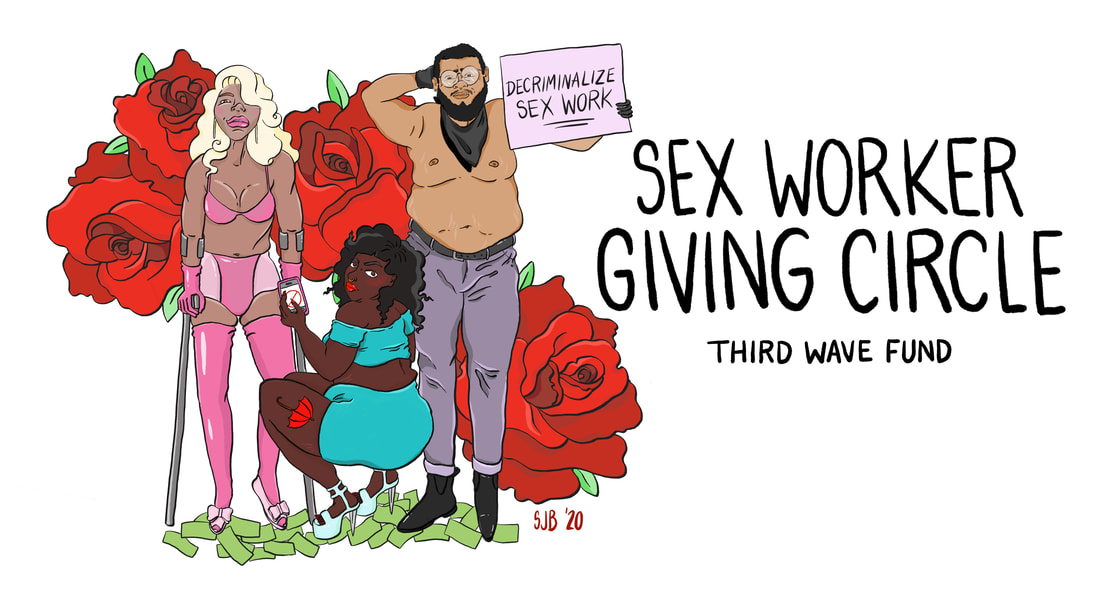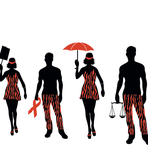
African Sex Worker Alliance (ASWA) is a sex worker-led African regional network that was created in 2009 and is based in Nairobi, Kenya. ASWA has more than 70 sex worker-led organisations as members in 33 African countries. The network amplifies the voices of their sex worker members and advocates for the health and human rights of the diverse community of sex workers working and living in Africa.


